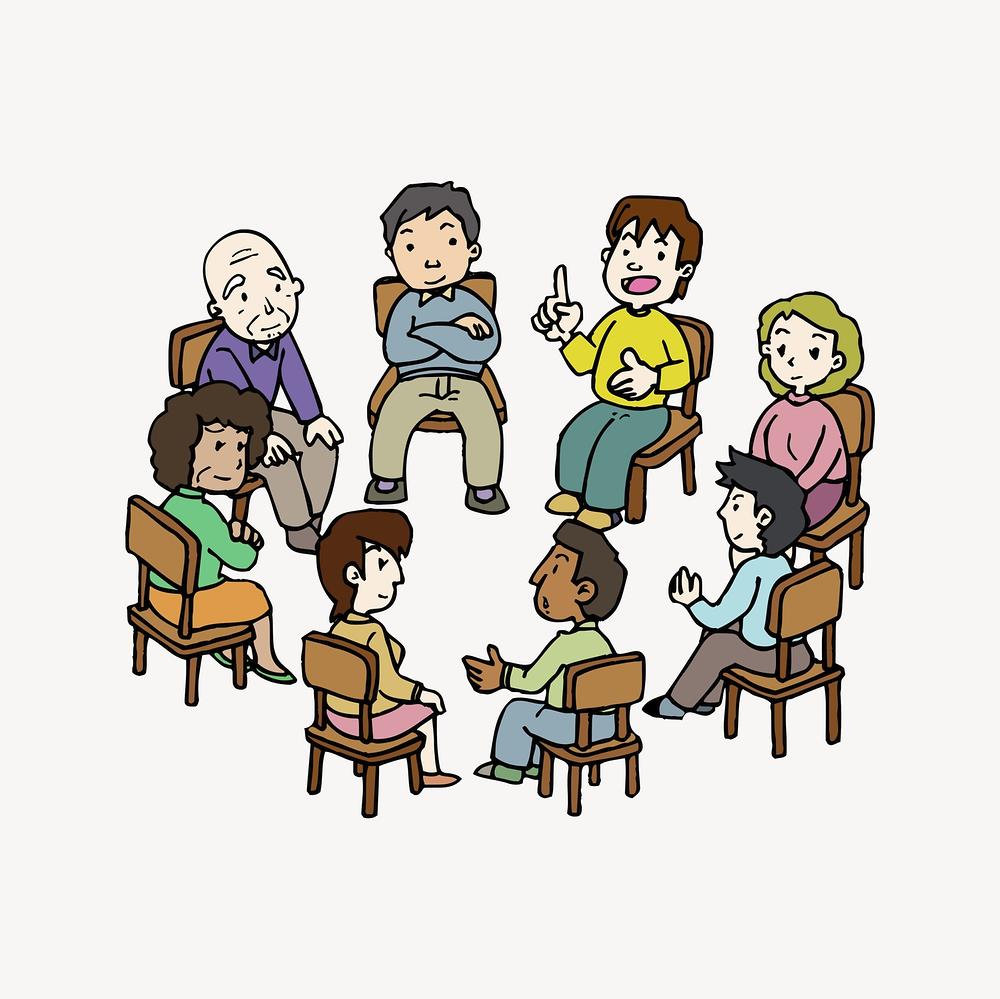Dreams are a fascinating and complex aspect of the human experience. They are usually viewed as either preventative or predictive. Dreams can help process emotions and unresolved issues. It is believed that predictive dreams help us prepare for the future by providing ideas about potential outcomes or situations. On the other hand, preventative dreams could help us avoid stress or injury in the future by allowing our brains to process thoughts, concerns, or unresolved emotions. Some people think that by allowing us to reflect on our worries or past experiences, dreams can help us make better decisions. Even though neither theory has been thoroughly proven by research, many individuals believe that dreams are useful tools for shaping our reactions and choices.
Kiera Hinrichs, junior, said, “There have been times when I have had a dream that has reflected on my day or an event that is going to happen in the future.” Dreams contribute to getting rid of unresolved feelings and anxieties. Our unconscious thoughts and emotions are often seen in our dreams, which help us process issues that may be difficult to deal with while we are awake. Hinrichs said, “I feel like they provide a safe space when sleeping. It can relax our mind, yet it can also cause nightmares and stress.” Emotional processing during dreams can bring up feelings we have not fully processed, allowing us to comprehend and go up against them in a less direct way. They can represent anxieties or worries, allowing us to explore and accept them into our conscious knowledge.

Dreams often can increase our worries and fears, giving the brain a chance to think about them and reduce their influence in the real world. If someone is anxious or stressed, it can be reflected in a dream they have the following night or for a couple of days. Isobel Peterson, freshman, said, “Yes, dreams can reflect on our emotions because when you go to sleep at night, you think about the future or what’s ahead, especially big events that might be worrying or happy.” Emotional intensity, symbolism, and ancient roots all play a role in a person interpreting a dream into a meaning. Even if dreams are not intentionally a “message,” it is still a message from our minds. Different cultures and beliefs see things from a different viewpoint. With religion, everyone does something different, whether that’s praying or ritual washing, and that can influence how one sleeps or how one sees things in their sleep. Peterson said, “Some of my dreams that I have had when I am stressed are tournaments or competitions, and I can see future events that might happen in that time.” Scientists research dreams with dream reports, asking questions, and tests like MRIs.
We forget almost 95% of our dreams due to the hippocampus, which is the part of the brain responsible for memory, however, it is not as active during REM (Rapid Eye Movement) sleep. Regardless of whether dreams are subconscious warnings or doorways into the future, they reveal realities that one might not fully understand while being awake. The mind uses stories and images to communicate during the silent hours of the nighttime. In some places, it shows us what might happen, and other times it shows what we can still change. Dreams are powerful, and they lie not only in what they indicate or foretell, but also in our decision to pay attention.









